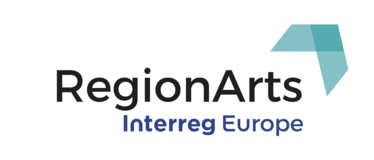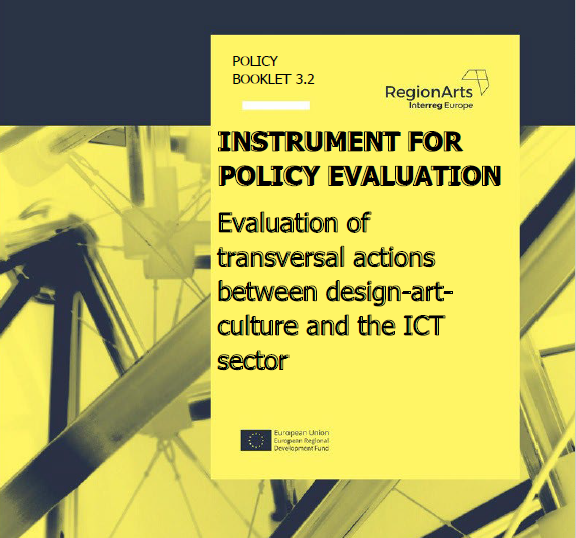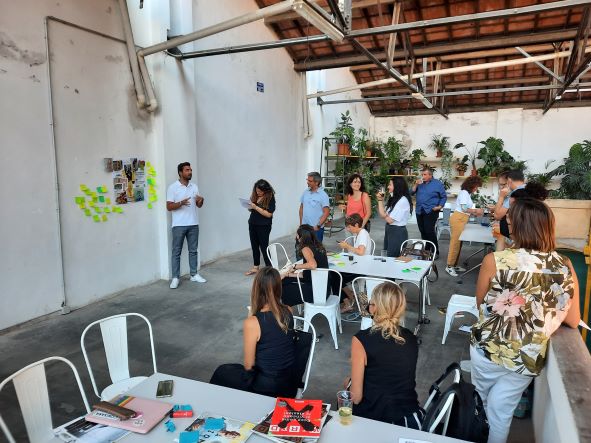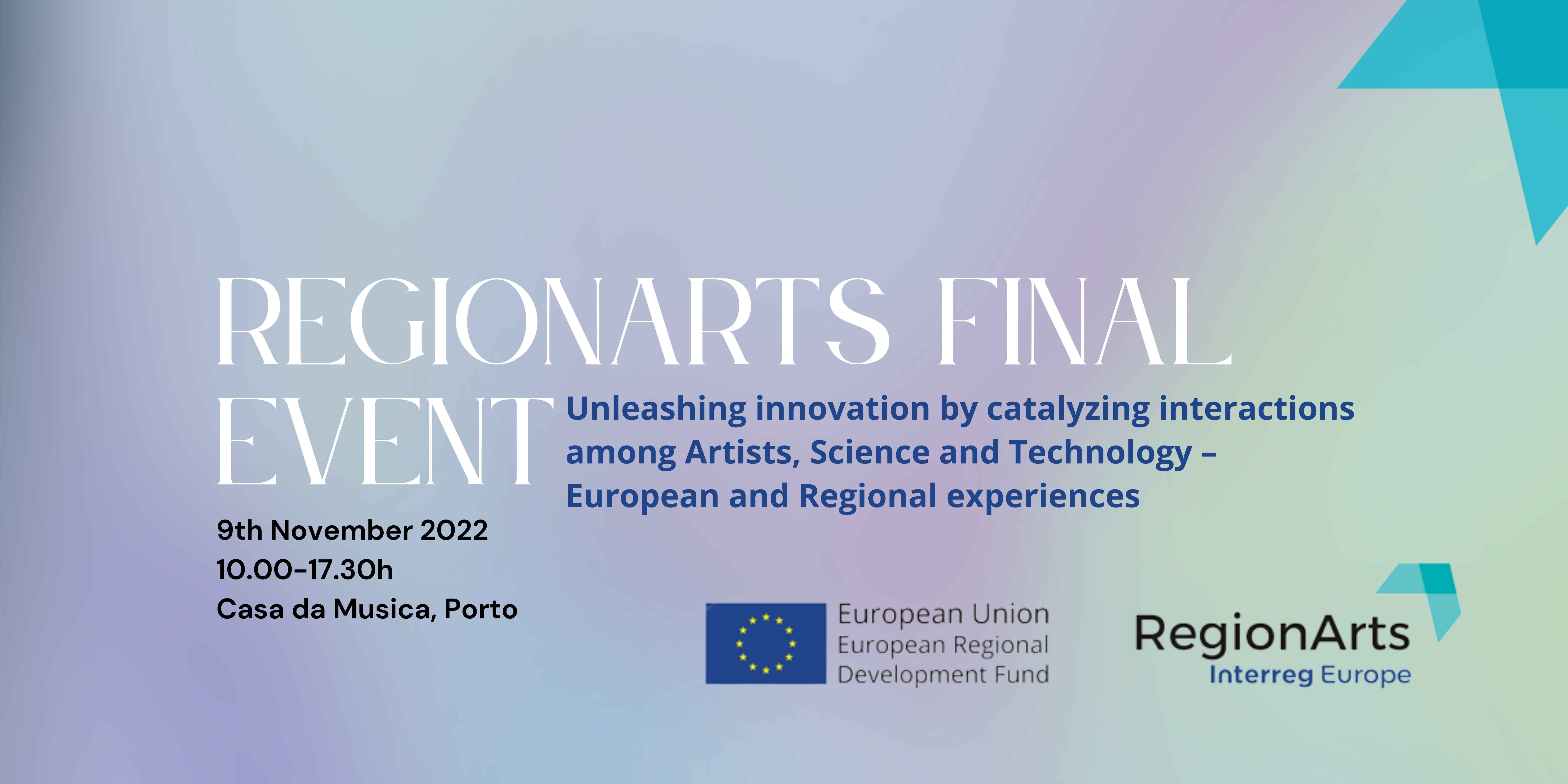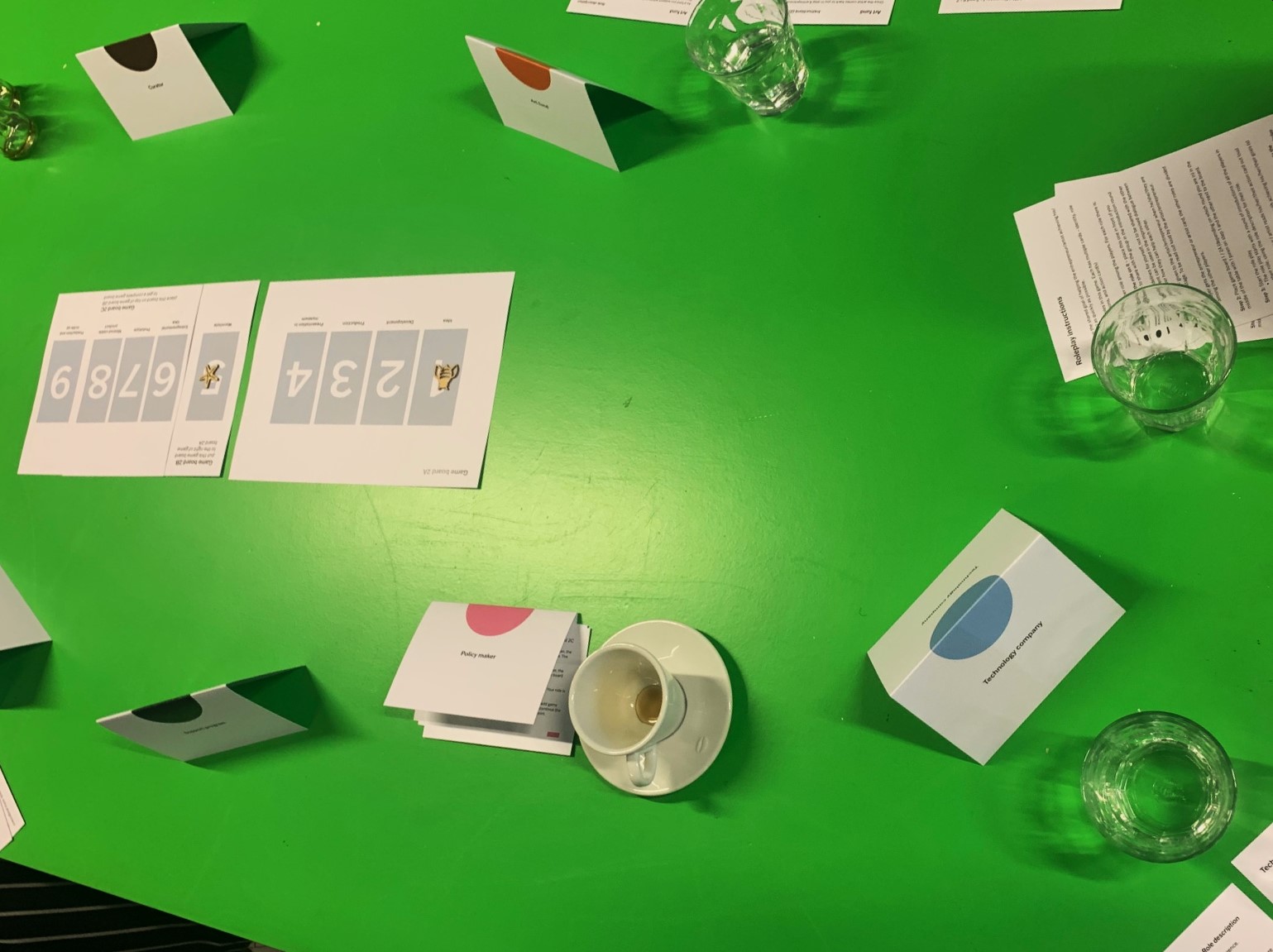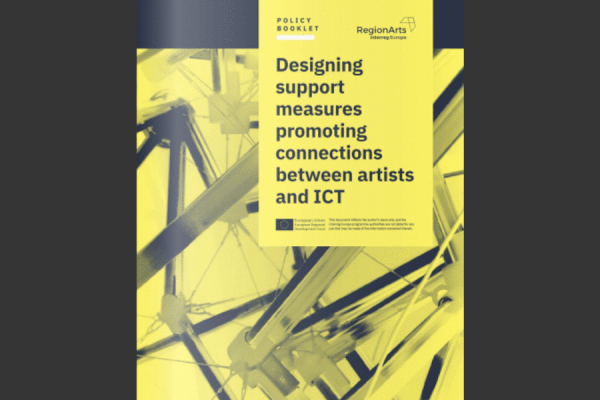University of Lapland hosted the 4th RegionArts Local Stakeholder Meeting titled ‘Yrityskehittämisyhteistyö’ [Business development collaboration] as part of Arctic Design Cluster operation on June 18th 2020. The approach of the meeting was taken into the wider context of business development yet focused on arts (creative) and ICT collaboration and SME competitiveness.
The meeting was held online with 17 key stakeholders representing Regional Council of Lapland, city of Rovaniemi, Business Rovaniemi, Business Finland, Lapin yrittäjät [Lapland Entrepreneurs], Lapland Entrepreneur Society, local entrepreneurs and Lapland University Consortium. The goal of the meeting was to support collaborative business development in the region and especially the Action Plan work being done under RegionArts. The meeting consisted of an introduction on the background of the collaboration initiative to be presented and open discussion on the theme with all the participants.
The introductions started with the participants’/their organisational backgrounds and perspectives on the theme of business development. Then hosting RegionArts project with a focus on the mapped needs in the region as well as good practices related to the subject were presented. Also, another closely connected project involving the University of Lapland and Arctic Design Cluster as a partner was introduced - the Creve 2.0 project focusing on developing national business advisory services for the creative sector and supports RegionArts work done in Lapland. In addition, other related activities under ARCTA Arctic Art & Design Labs and Arctic Design Cluster operation by the University of Lapland were presented.
This introduction provided the background for the presented initiative on regional business acceleration/start-up services being the main focus of the meeting. The initiative is based on regional need having no such practical services existing and on the action plan drafted by the University of Lapland in collaboration with Lapland University of Applied Sciences and involving Regional Council of Lapland, Lapland ES as well as local companies in close collaboration. The initiative is based on arts and ICT collaboration in supporting businesses, not only on relative sectors but also multidisciplinary enabling SMEs (incl. startups) to utilise the creative and ICT competence of the region for boosting up their business. This supports also Smart specialisation activities, general collaboration and regional attractiveness in the big picture.
Introductions were followed by discussion for feedback on the initiative/action plan and for wider collaboration possibilities. This included also discussion about other initiatives, past experiences and future views. Main questions from participants were related to the international aspects of the planned activities and required competence for running the operation. Especially when talking about ICT related business the global market is an aspect that has to be considered from the very beginning which may not be that self-evident with many entrepreneurs in Lapland outside tourism. Also need for deeper knowledge on legal affairs from international perspective and intellectual property matters, in general, were aroused. These have been in discussions before and were again agreed to be very important parts of the operation being very related to businesses drawing on ICT and creative competence. The common goals and roles of the stakeholders were discussed and advice for future steps received. All in all, the plans got very good feedback and there was a clear consensus on the need for the planned activities offering better implementation of ICT and arts and supporting businesses in the region of Lapland.
Overall the meeting served well for disseminating RegionArts perspective, opening the discussion and contribution with different stakeholders and getting a deeper insight into the action plan work. After the meeting, Lapland project team and key actors gained more certainty to continue on the planned activities and getting the key stakeholders more committed for the collaboration. From here the work continues to further elaborate the plans for implementation.

